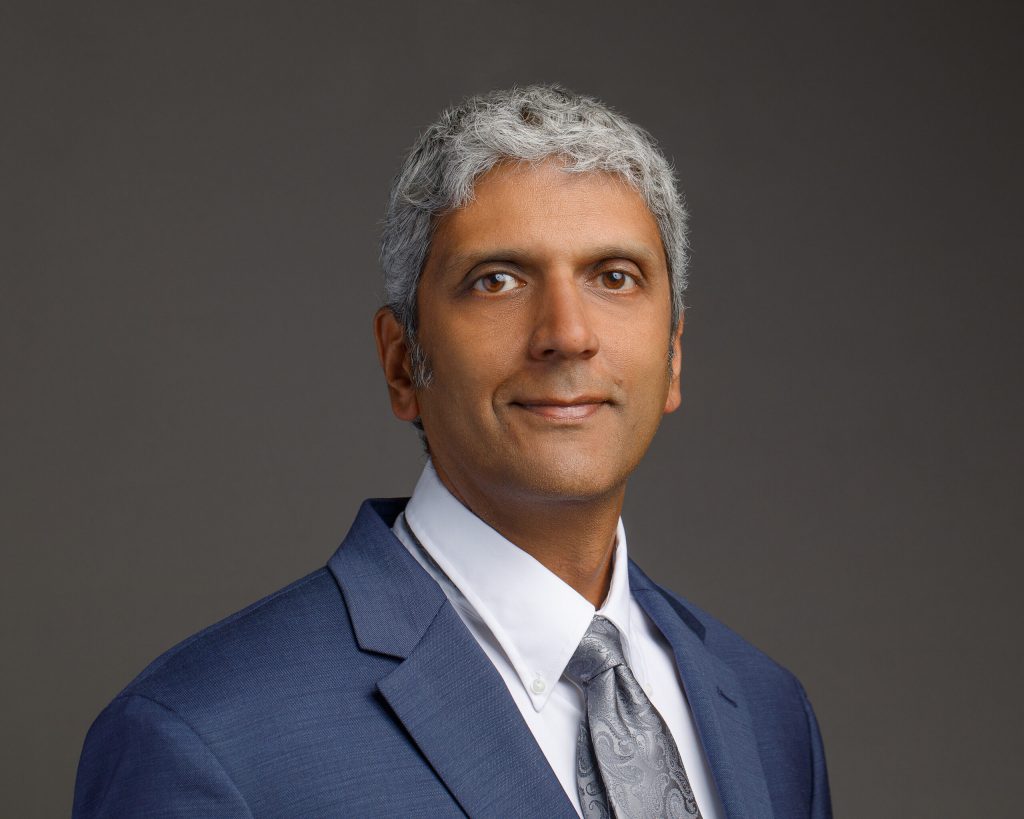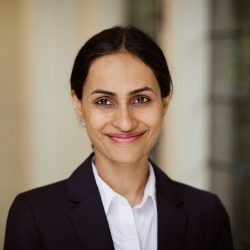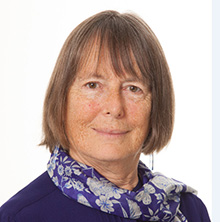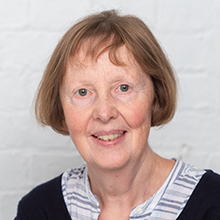Energy Seminar – week 4: How will ending poverty impact climate change? A well-being centred approach to energy transitions
Narasimha D. Rao will speak in person at the Oxford Martin School. To watch online register below for TEAMS webinar link. Exceptionally this seminar is on MONDAY.
- Start Monday 16 May 2022 5:00pm
- Finish Monday 16 May 2022 6:30pm
- Venue Oxford Martin School
- Download event slides - PDF (3.92 MB)
- Watch seminar recording (external site)

This is the first public lecture in the Oxford Department of International Development’s seminar series (Queen Elizabeth House) on Climate Change and the Challenges of Development, held in collaboration with the Oxford India Centre for Sustainable Development (Somerville College) and the Oxford Energy Network (Environmental Change Institute) that took place at the Oxford Martin School, Board Street, Oxford.
Summary: Although distributive justice is at the core of the climate challenge, energy transitions research is largely focused on aggregate techno-economic outcomes. How can we re-frame climate mitigation research to incorporate well-being outcomes and preserve development opportunities for those in poverty around the world? In this talk, I will discuss an integrated framework for interdisciplinary research that bridges social sciences with energy-economic models of climate mitigation. I will also present new empirical results to show that affluence, more than poverty eradication, drives climate change, even in the Global South. Less than a tenth of US energy consumption per capita would suffice to support basic well-being for all. Yet, there is significant potential for equitable, low-carbon development pathways. This framework can also be applied to affluent societies to investigate how drastic emissions cuts can preserve, if not enhance, human well-being.
Speaker: Narasimha D. Rao is Associate Professor of Energy Systems, School of the Environment, Yale University and a Senior Research Scholar at the International Institute for Applied Systems Analysis. He received his PhD from Stanford University in Environment and Resources, Masters from Massachusetts Institute of Technology in Electrical Engineering and Technology Policy, and A.B from Dartmouth College.
This event is being coordinated between the Oxford Department for International Development, The Oxford India Centre, and Oxford Energy Network.
Future events
Associated people

Radhika Khosla
View Radhika's details
Brenda Boardman
View Brenda's details

